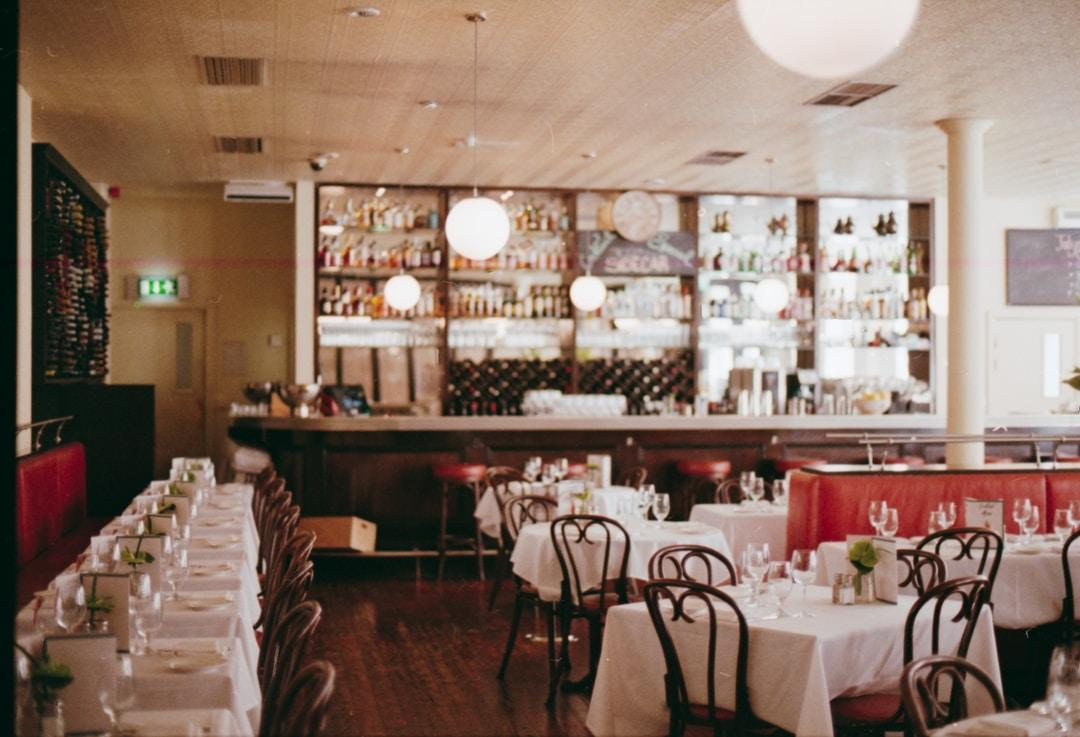Let’s get the most uncomfortable part of this article out of the way now—the restaurant industry can be brutal. Over 80 percent of restaurants close in their first five years, but no restaurant owner is ever ready to close the doors on their establishment for good.
It takes great inner strength to overcome such a loss, and there probably aren’t many people in your immediate circle who can relate to your experience. However, you’re not alone. We have some tips for helping you cope with closing your restaurant for good. We’re not saying they’ll take the sting out of losing your business, but they’ll help you get on the road to recovery.
Sell your restaurant equipment.
When you know your establishment will be closing for good, the first thing you should do is try to recoup your losses by selling your used restaurant equipment. There are plenty of start-ups on a small budget looking for competitive prices on restaurant booths and solid wood tables.
Research online to find restaurant furniture liquidators who can help you make a quick sale of your used equipment. Used restaurant furniture liquidation can help you make some much-needed money as you leave your business behind and begin the next phase of your life.
Prioritize your mental health.
Another critical part of coping is taking care of your mental health. Indeed, life’s challenges can be overwhelming and often lead to anxiety disorders and other mental health problems.
Psychotherapy can help you develop new ways to deal with disappointment. Furthermore, there are support groups for people going through career changes and other pressing situations. The Therapy Group of Charlotte has a reputation for its authenticity and genuine care for its patients. They offer mental health resources such as online therapy to make getting the help you need convenient. To learn more about how talk therapy can help you overcome life’s challenges, visit the Therapy Group of Charlotte’s website at therapistsincharlotte.com.
Reflect on what the experience taught you.
Hardships are painful, but the good news is they come with valuable lessons that can help us face similar and even more difficult decisions later in life. In fact, your current disappointment might be the very thing that spurs you to the success you desire in your future endeavors. But, the first step is to learn from your current situation.
Spend time reflecting on things that went wrong and things you can do differently (or better) next time. It’s a good idea to start practicing meditation to help you learn from and find peace with losing your business.
Plan the next act of your life.
The final step of the coping process is deciding how to proceed into the next act of your life. Even if you decide to go back into the restaurant industry, you need to think of a new approach. And, if you don’t plan on returning to the restaurant business, start looking for new business opportunities. Losing your restaurant isn’t the end of your story.
Losing your restaurant may have felt like a crushing blow, but it doesn’t mean you can’t come back better and stronger than ever. Some of the most successful restaurateurs are on their second, third, or even fourth chance in the industry, so don’t give up on yourself or your dreams of running a successful restaurant.
The first step to recovering will probably be the hardest, and that’s liquidating your used restaurant furniture and kitchen equipment. It’s also vital that you prioritize your self-care, as life’s challenges have a way of negatively impacting mental health. Finally, reflect on the lessons you learned from this failed venture and apply them on the next go-round. That’s right—we believe in you, and we believe there’ll be a “next time around” for you in the restaurant industry. For now, focus on recovering and rediscovering your passion and drive.



